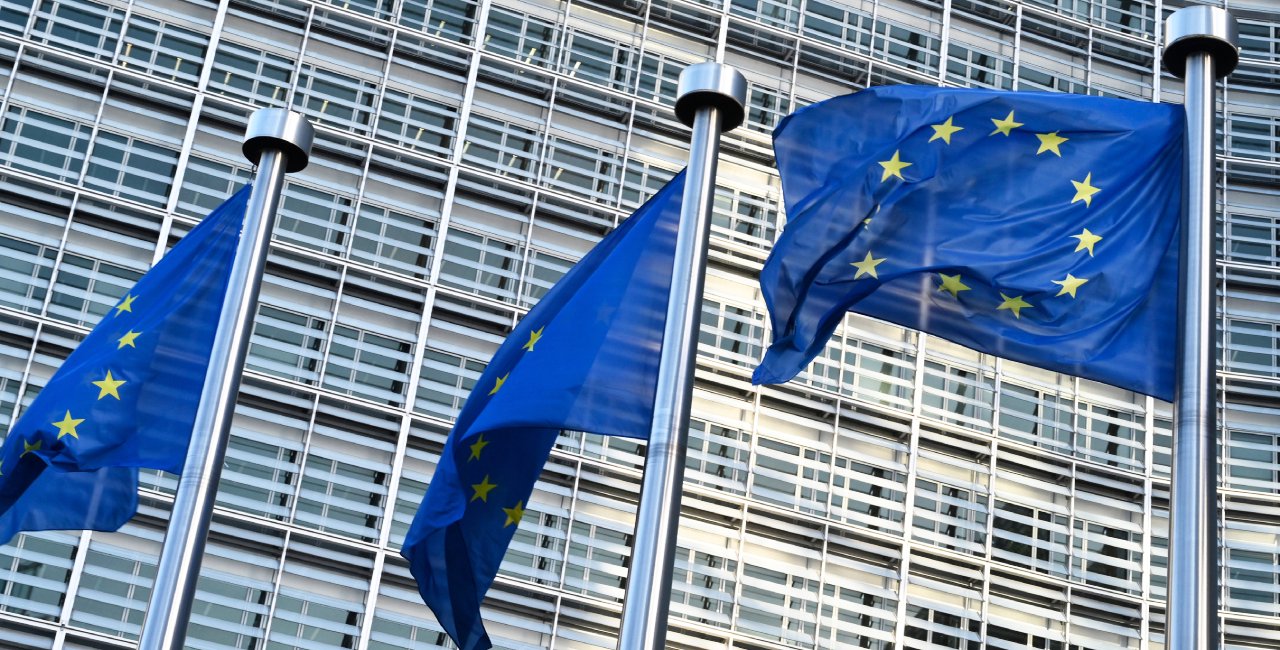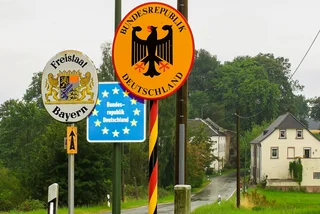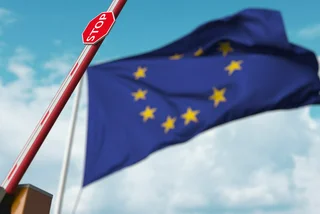A group of six European Union countries, including the Czech Republic, has called for a coordinated effort to tighten the EU’s migration system, aiming to curb illegal migration, accelerate asylum processing, and reinforce the Union’s external borders.
The call came during a meeting held at Germany’s Zugspitze mountain on July 18, where interior ministers from Germany, Czechia, Poland, France, Denmark, and Austria gathered with European Commissioner for Home Affairs and Migration Magnus Brunner.
The ministers expressed a shared concern over growing migration pressures on the EU and emphasized the need for stronger action against human smugglers and improved cooperation with third countries to manage migration flows effectively. The meeting highlighted the urgency to modernize migration policies while addressing both security and humanitarian challenges faced by member states.
Coordinated push for faster, tougher migration controls
German Interior Minister Alexander Dobrindt, who hosted the summit, stressed the necessity of tightening the EU’s migration system at the European level.
“The migration system must be tightened up at European level,” Dobrindt said, adding that the EU must increase efforts to combat people smuggling and strengthen mechanisms to return migrants who do not qualify for asylum. Strengthening external border controls was also a key priority for the group.
Dobrindt’s government, which took office in May, has already introduced stricter border controls, particularly at the land borders with neighboring countries. These measures include the authority for police to turn away migrants attempting to apply for asylum in Germany, with exemptions only for vulnerable groups such as children and pregnant women.
Although a German administrative court ruled aspects of this policy illegal in at least one case, Germany has continued to apply the tightened border controls.
Following Germany’s lead, Poland also began implementing border controls on July 7 along its borders with Germany and Lithuania. While some neighboring countries criticized Germany’s measures, no other states have implemented countermeasures to date.
Czechia emphasizes cooperation with origin countries
Czech Interior Minister Vít Rakušan, attending the meeting, underlined the importance of developing practical and modern solutions to migration challenges, framing them as vital for protecting democracy from populist and extremist pressures.
He called for improved protection of the EU’s external borders and enhanced diplomatic negotiations with countries of migrant origin. Rakušan highlighted the need for the EU to support origin countries by helping improve local living conditions, thereby reducing the incentives for migration.
“We must also offer them something,” he said, indicating a focus on sustainable development and cooperation as part of a long-term migration strategy.
On the sidelines of the summit, Rakušan discussed the impact of Germany’s border controls on the Czech-German border with Minister Dobrindt. The Czech Interior Ministry emphasized the need to ensure that Germany’s measures remain as minimally disruptive as possible for Czech citizens, daily cross-border movement, and the internal EU market.


